As a leading FMCG conglomerate with a strong Indian and International presence, DS Group (Dharampal Satyapal Group) is guided by a clear set of values that are built on a strong foundation of collective good. This commitment to giving back to society and protecting the planet is evident in their Corporate Social Responsibility (CSR) initiatives.
In this insightful interview with Mr. Prabhakant Jain, Head, CSR at DS Group, we delve into the strategic vision and philosophy that underpin the company's CSR agenda. The discussion explores the pivotal role of water conservation within their CSR initiatives, the innovative "Water Economic Zones" project in Udaipur, and its successful replication in other regions.
Mr. Jain also sheds light on the importance of community engagement in ensuring the sustainability of their projects and the Group's commitment to quality education, livelihood enhancement, and skill development for underprivileged communities. Additionally, the interview touches upon DS Group's collaborative approach with NGOs and local bodies to drive impactful, sustainable development and the future plans that underline their dedication to fostering a better society through innovative projects like Project Saamya.
As we navigate an increasingly interconnected and complex world, DS Group's approach to CSR offers valuable insights for businesses seeking to create a lasting positive impact. To gain a deeper understanding of DS Group's innovative strategies and their commitment to sustainable development, we invite you to read the complete interview below.
Q&A
Q. Could you share DS Group's overarching philosophy and strategic vision driving your Corporate Social Responsibility (CSR) initiatives, and outline the key pillars and thematic areas underpinning these endeavours?
A. Guided by a clear set of values and built on a strong foundation of collective good, Corporate Social Responsibility is an integral part of the DS Group’s business objectives. The DS Group is future-focused, and has been steadily expanding its ‘green’ initiatives, including Energy and Water Conservation— reflecting its response to what the world needs and its role as a committed corporate citizen.
The CSR projects of the DS Group are designed on the principles that indigenous knowledge and skills of local communities are important for sustainable development. To move closer to our objectives, we work on projects focussed on critical focus areas across the country, such as Water Conservation, Livelihood Enhancement, Education, Community Development and Gender equality to help the communities and have a long term impact. From creating awareness to implementation and ensuring sustainability, the projects encourage proactive participation from stakeholders, local bodies and recognized NGOs.
Q. What factors led DS Group to prioritize water conservation as a cornerstone of its CSR agenda, and could you elaborate on the specific methodologies used in these projects and their impact on sustainable agriculture in various regions?
A. At DS Group, we believe that farmers are our important stakeholders and are motivated to pursue our water conservation efforts to ensure a sustainable water supply that enhances their livelihoods. In this, we have partnered with likeminded organizations and supported multiple projects in the states of Rajasthan, Madhya Pradesh, Uttar Pradesh, Himachal Pradesh, Uttarakhand and Gujarat, benefitting people from the marginalized communities.
With the support of different partner organisations, we started with small projects and focussed on construction of water harvesting structures. Subsequently, a comprehensive approach was prepared, leading to the launch of the project – Water Economic Zones in Udaipur district of Rajasthan in 2018 in partnership with Mahan Seva Sansthan and Arpan Seva Sansthan.
The ‘Water Economic Zone’, is based on integrated watershed development approach considering water as a critical and important tool for the economy of a particular area rather considering as a mere natural resource. In this approach, our focus is beyond conservation- effective management and judicial use are also equally important.
Through this, DS Group has seen some significant impact on sustainable agriculture across the regions.
The project has led to a groundwater recharge potential of 30 Lakh cum (30 MCM), with an installation of about 58.625 kW solar pumps (individual as well as community based) leading to a reduction in greenhouse gas emissions against conventional diesel/electricity-based pumps. About 235 kg co2e has been reduced annually by the project.
- The introduction of a micro irrigation system has resulted in significant water savings. The project has promoted 77.1 hectares of micro irrigation systems (62 hectares with sprinklers/rain guns and 15.1 hectares with drip systems). Utilizing the drip system for vegetable and floriculture cultivation for at least one season has saved a total of 45 lakh litres of water per year.
- Increased irrigation water availability, increased cultivated land in Rabi and summer and improved crop productivity have compounded the overall rise in net production value. In comparison to a pre-project scenario in project villages, there has been a rise in the net production value of about 74.3% of farmers, where the average change in NPV for small marginal farmers has grown to INR 31,037 from INR 13,686.
- More than 100 farmers have diversified agricultural crops and practices, significantly enhancing their income. Earlier, annual income from 800 sq.mt land was around INR 5000-6700 by growing conventional crops like maize and wheat, etc. With crop diversification, double cropping, and improved practices, farmers now earn between INR 40,000 and INR 50,000 per annum from the same area.
- Improved irrigation availability and changes in the package of practices (PoP) have led to improvement in crop productivity of major crops, such as maize, wheat, mustard, and black gram in project villages in comparison to the pre-project scenario. The impact on productivity in maize and wheat is higher with more than 70% of farmers in project villages reporting to have risen in crop productivity.
- The project has also promoted floriculture and vegetable cultivation, leading to a significant increase in these activities compared to the pre-project scenario. In the second year, floriculture was introduced for some farmers, supported by high-quality seeds and training. The average net income from floriculture is between INR 40,000 and INR 60,000 per bigha. More than 100 farmers have adopted WADI model for their WADI land and taking vegetable cultivation for higher income.
Q. How integral is community engagement to the success of DS Group’s CSR projects, and what methods do you employ to foster collaboration with local communities in identifying and addressing their unique needs?
A. Acknowledging the vitality of community cooperation and participation for the long-term sustainability of any project, the company, and its partner organization ensures their active participation in each stage of project implementation, right from the conception till the phase-out stage.
Our projects combine the traditional knowledge of each community with the technological expertise of professionals and researchers from academic and scientific fields, in almost all phases.
- Project Conceptualization: As we know, a very close relationship exists between resources (such as land, water, and forest) and the community, particularly the local community. Their inputs in the planning stage is crucial to bring out the rigor in the project planning. At this stage, we ensure their participation through the various techniques of Rapid & Participatory Rural Appraisal (PRA).
- Implementation: People’s participation in the planning and site selection for all major structures in the watershed region has been actively ensured. Decision-making involved diverse socio-economic groups. The community has contributed labour, accounting for approximately 20% to 30% of the conservation work for water conservation projects. Additionally, the community has made a 50% monetary contribution towards individual interventions such as solar and irrigation equipment. The Water User Group (WUG) oversaw the construction of these structures.
- Operation & Maintenance: Various kind of community institutions have been formed for project as per the requirements. In case of water conservation, we formed 345 Water User Groups (WUG) for the augmentation of stored water and maintenance of the structures. An apex body has been formed by the representative of the WUGs for overall monitoring and future sustainability of the program. In education interventions, parent bodies play a crucial role in sustaining the progress made with children. For sanitation projects, village and mohalla-level committees are essential for driving the work forward.
Q. What motivated DS Group to focus significantly on education within its CSR framework, and what specific challenges does the Group aim to tackle through its educational initiatives to achieve maximum impact?
A. At DS Group, we believe that education is an essential tool to empower the communities for a better future, and hence it stands as one of our key focus areas. The access to education has been significantly better in recent times, but quality education is still not accessible to many communities.
Therefore, under our education interventions, DS Group is supporting similar not-for-profit organizations to ensure the access the quality education to children in different settings. In Madhya Pradesh, we have partnered with Adharshila Shiksha Samiti to provide the formal education to Sahariya tribal communities in remote part of Sheopur district. In other regions as well, we are closely working with organizations like Arya Shree Shiksha Samiti, Niveda Foundation and The Creative Thinkers Forum to provide the various kind of educational support to children living in slums or similar settings.
DS Group is also committed to skill-centric education as a pathway to better livelihoods. In partnership with Shikshantar, we launched the Creativity Adda project in Delhi to offer alternative, self-directed learning opportunities to government school students and dropouts.
Q. The Group supports a range of livelihood enhancement projects. Could you share more about the innovative approaches DS Group has adopted to create sustainable income opportunities for underprivileged communities?
A. DS Group believes in inclusive growth through building the capacity of people from underprivileged section of the society. The DS Group supports a range of projects related to livelihood for creating opportunities, enhancing skills and facilitating enabling environment that empowers associated communities to explore added possibilities for their better income generation.
Apart from Water Economic Zones, the DS Group is implementing projects in the field of improved agriculture, Livestock Management, Skill Development, Financial literacy and Entrepreneurship Development. These projects are designed with participation of the local communities, using their knowledge to make the initiative sustainable. Some of them are below:
- DS Group directly works with more than 50,000 Farmers on improved agricultural practices, diversified crop pattern, organic farming, post harvesting practices, market linkages and livestock management. Around 3700 individuals are supported through various skill development programs for better livelihoods.
- Through Project Manthan, DS Group created an ecosystem for improved Dairy Practices for farmers in Sikar district in Rajasthan. On the one side, DS Group focussed on improving the veterinary services including breed improvement, on the other side capacity building program were facilitated in the field of cattle rearing including clean milking practices.
- In Tripura, DS Group built the capacity of rubber tappers in scientific tapping practices to optimize the latex production and better income opportunities for them.
- In Jharkhand, in partnership with PRADAN, DS Group supported more than 20,000 tribal women to sustain and improve livelihood in post Covid scenario through Farm and off farm activities.
- The projects on Livelihood Enhancement are being implemented in the states of Rajasthan, Karnataka, Madhya Pradesh, Gujarat, Jharkhand, Maharashtra, Nagaland and Tripura.
Q. Education is a key focus area for DS Group. How does the Group address the challenges of providing quality education to children in tribal and urban slum areas, and can you provide examples of measurable impacts from these educational projects?
A. We believe that every child should have the opportunity to explore their potential. Therefore, DS Group’s interventions are designed and implemented according to the local context. In tribal areas and urban slums, our focus is on delivering the school curriculum through a participatory and engaging approach, utilizing play-based methods.
We measure success using two metrics: first, the learning levels of students, assessed through formal evaluations; and second, and the improvement in life skills such as communication, collaboration, teamwork, and critical thinking.
Q. DS Group's CSR projects are designed on the principles of leveraging indigenous knowledge and skills. How do you integrate these principles into your projects to ensure long-term sustainability and relevance to the local context?
A. Communities that have lived in a particular area for decades or even centuries have accumulated valuable traditional knowledge passed down through generations. This knowledge is crucial and is integrated into our projects.
For example, in Project Manthan, we documented various traditional cattle treatment practices and reintroduced them in a scientifically validated manner after consulting with relevant experts. This approach led to better acceptance of the solutions within the community.
Similarly, in water conservation efforts, communities have insights into the most effective structures for specific sites. By involving technical experts, we aim to develop the best possible work plan for each site. This process marks the formal establishment of Water User Groups.
Q. The Water Economic Zone project in Udaipur has been quite successful. How do you plan to replicate this model in other regions, and what adaptations are necessary to address the unique challenges of new areas like Khandwa and Betul districts?
A. The concept of Water Economic Zone is quite flexible and replicable. Based on the learning, DS Group replicated the Water Economic Zones in other parts particularly in four districts of Madhya Pradesh namely as Khandwa, Betul, Seoni and Katni.
In all four locations, farmers remain as the primary stakeholders and water is an essential requirement for their sustenance. Thus, initial acceptance by the community has been quite over whelming.
Rather than viewing it as a challenge, we see it as a learning opportunity to tailor interventions to local needs. We recognize that each community has unique contexts, expectations, natural resources, and opportunities. Starting our interventions in two different communities in Udaipur has provided us with invaluable insights that helped us successfully replicate the project in Madhya Pradesh.
Q. What are some of the biggest challenges DS Group faces in its CSR initiatives, particularly in water conservation and livelihood enhancement, and how do you overcome these challenges to achieve your goals?
A. In our experience at DS Group, the market linkages and climate change are most critical challenge for farmers and as development project, WEZ tried to address it.
For climate change, we at DS Group tried to build diversified livelihood opportunities for farmers to reduce the impact of adverse weather.
We also promoted entrepreneurs through as separate intervention to encourage youth to explore the opportunities form local area and ensure reach out to suitable market place. Building local economy is also important part of our strategy.
Q. DS Group collaborates with various NGOs and local bodies for its CSR projects. Could you name some of these partners and share insights into the mutual benefits and contributions derived from such collaborations, and how you monitor and evaluate their effectiveness?
A. Corporate and NGOs are different in nature but working for a common goal - benefit of the society particularly disadvantages sections through the Corporate Social Responsibility. Before having partnership, mutual alignment is critical for log-term and sustainable partnerships.
We are working with organizations such as PRADAN, Sesta, Manjari Foundation, Arpan Seva Sansthan, Mahan Seva Sansthan, Adharshila Shiksha Samiti, Aryashree Shiksha Samiti, Vigyan Foundation Shikshantar Sansthan etc. We carefully selected these partners based on their strength and alignment with DS Group vision.
In addition to the guidelines provided by the MCA, we have developed our own process for evaluating NGOs and assessing their efficacy. Our methodology includes field visits to NGOs and interactions with their founders or chief executives as essential components.
Q. What are the future plans and priorities for DS Group's CSR initiatives? Are there any new areas or innovative projects that the Group is planning to explore to further its commitment to sustainable development?
A. DS Group is aiming to reach out to more communities through existing projects. We are planning to work with more farmers particularly in eastern part of the country after completion of our existing projects.
Recently, DS Group launched Project Saamya, with the larger objective of "Fostering Sensitized Boys for a Gender-Equitable Society." Through Project Saamya, we aim to instill awareness in young boys and, by extension, influence their communities. In the first phase, the project engaged approximately 900 young boys, and it has now expanded to multiple locations.







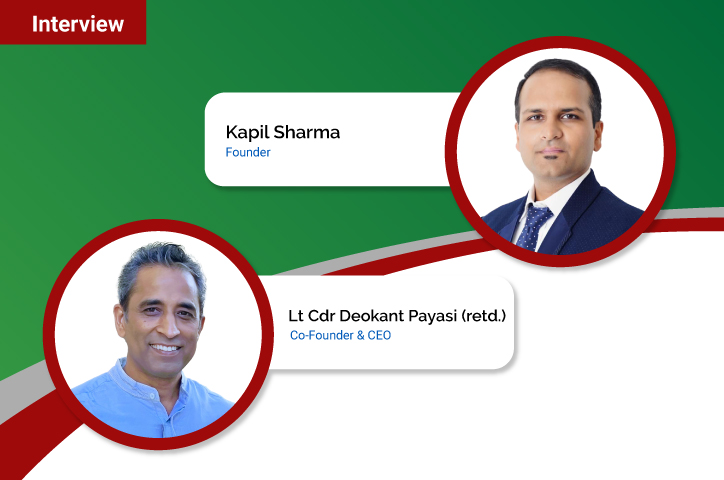
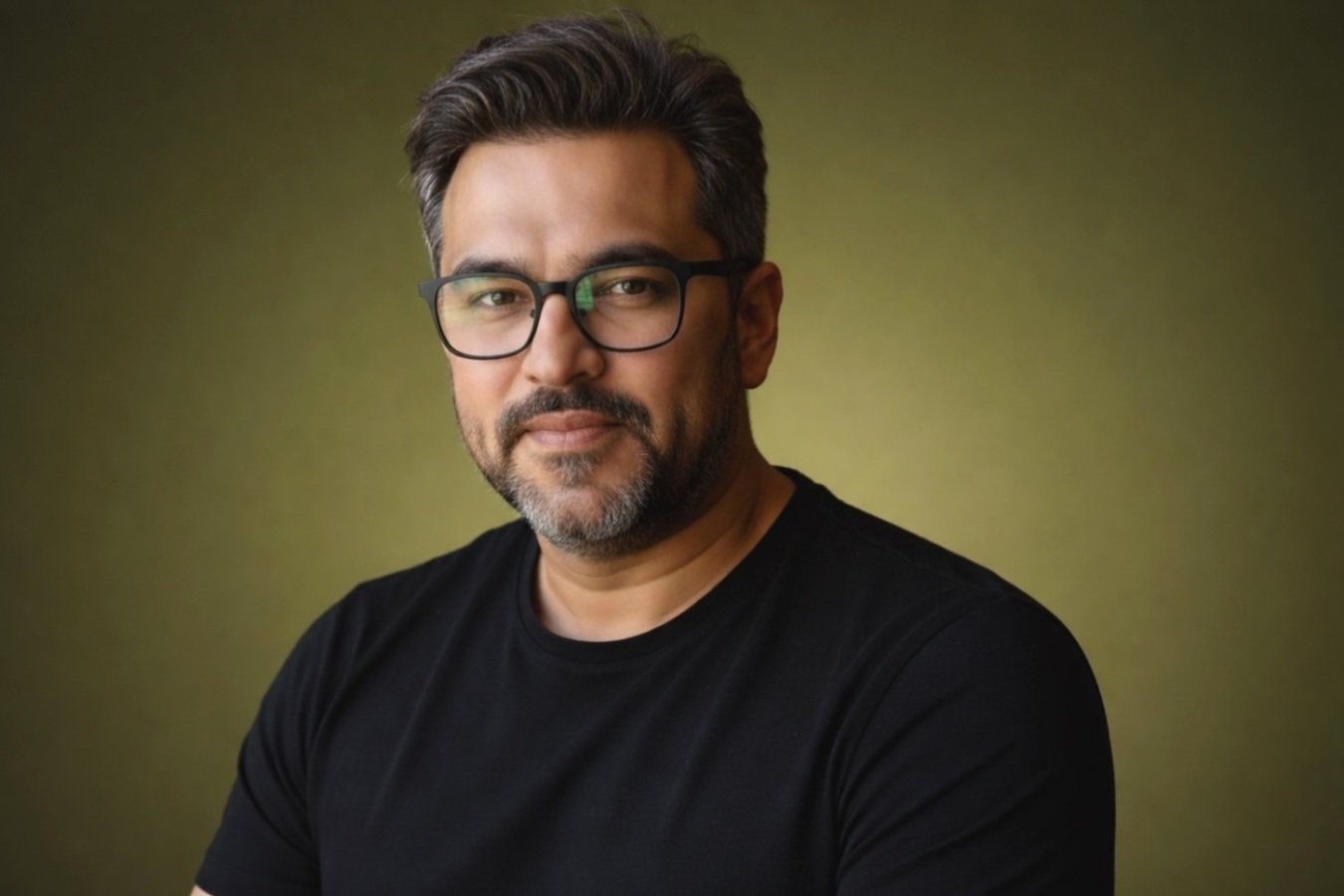
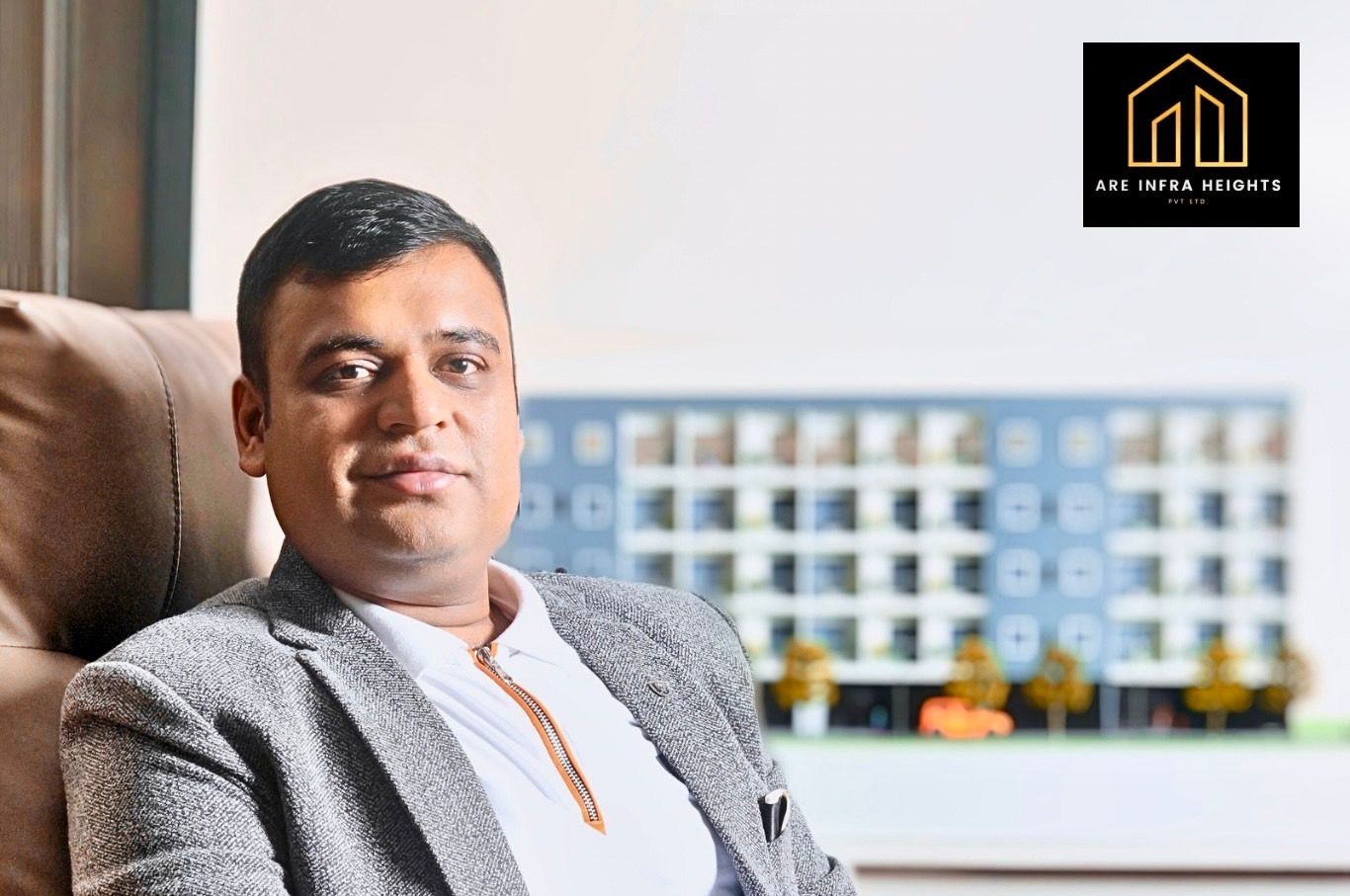
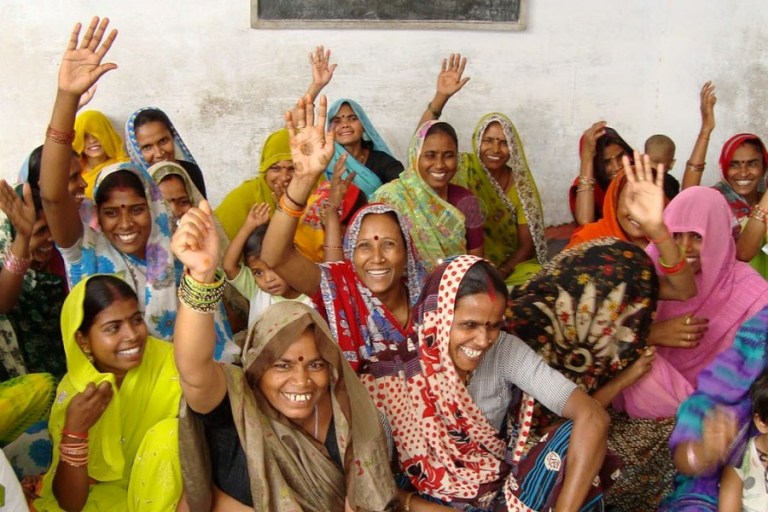
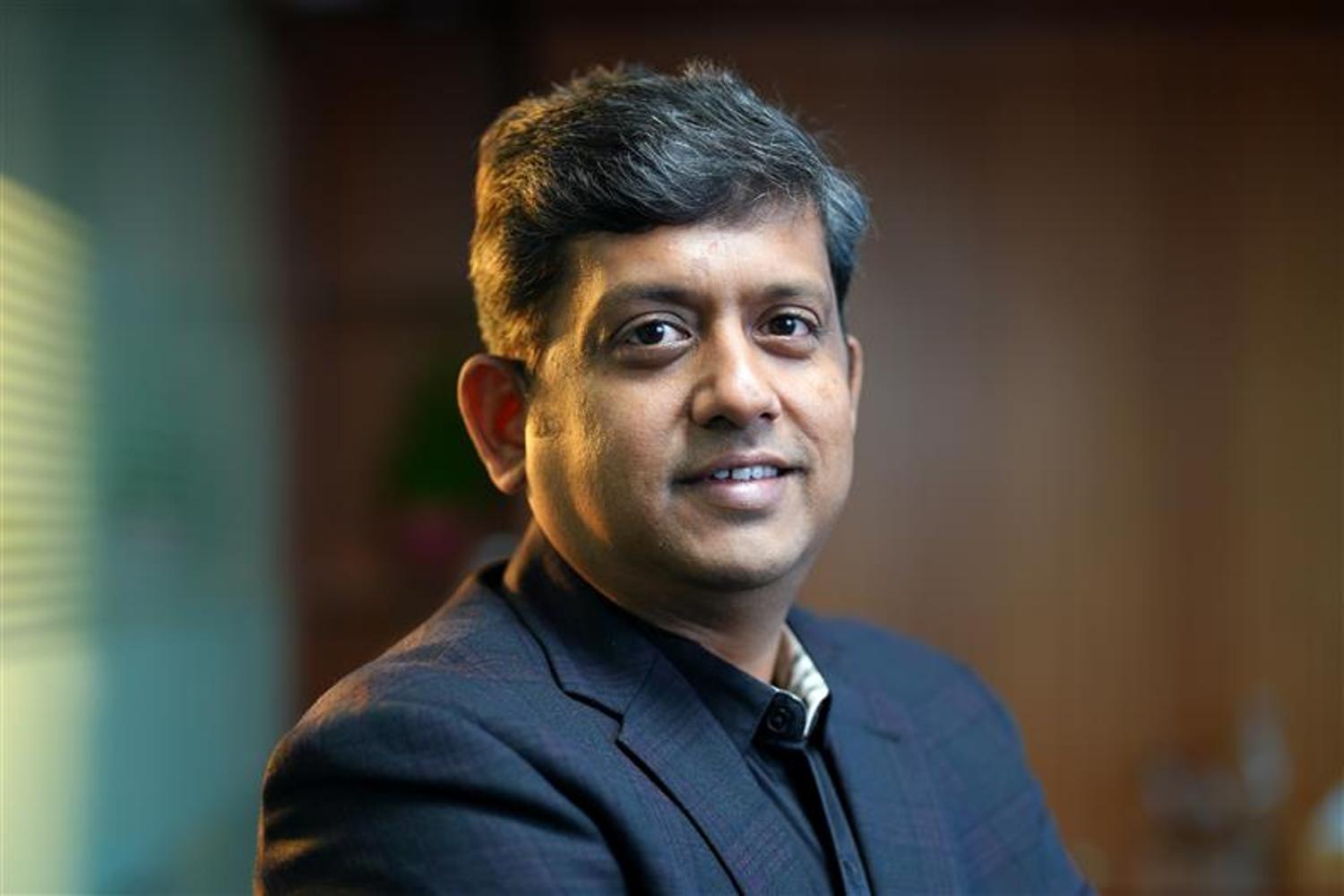



.jpg)



